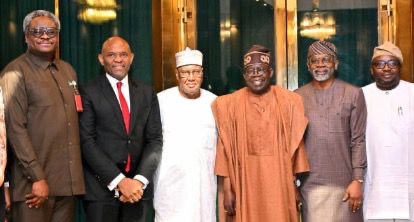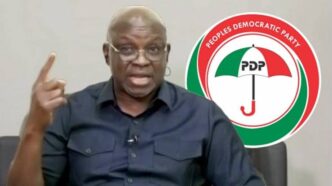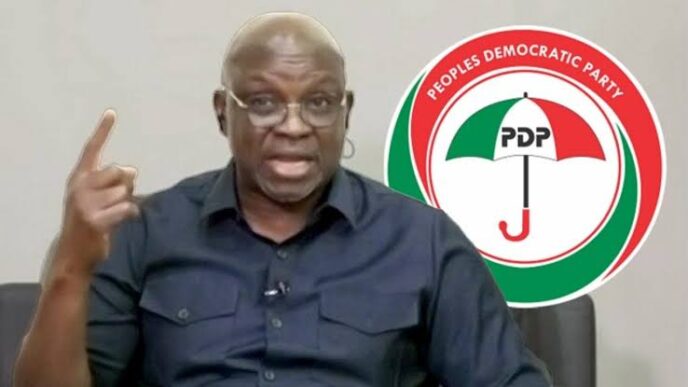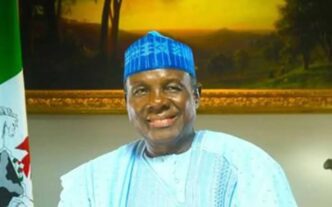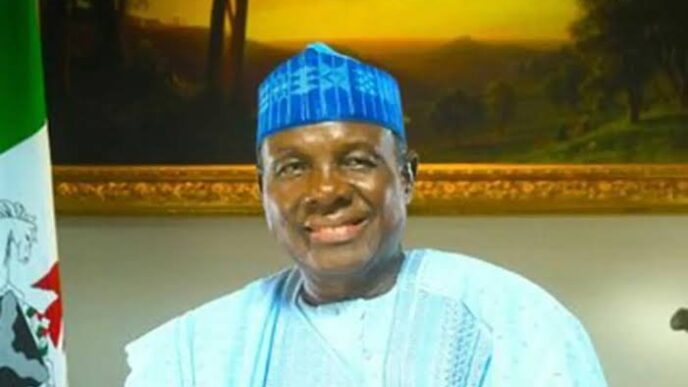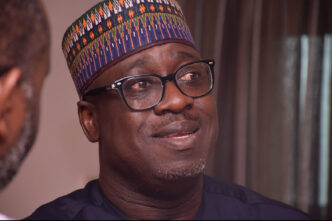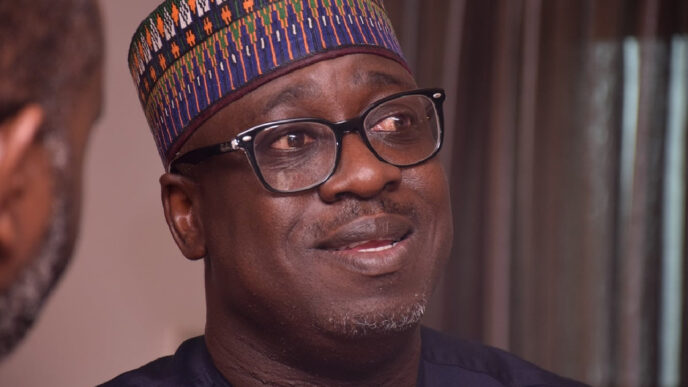In a meeting held at the Presidential Villa in Abuja on Friday, President Bola Tinubu urged power generation companies (GenCos) to allow the Federal Government additional time to complete the verification and validation process for outstanding debts owed to them.
Gatekeepers News reports that the meeting, attended by members of the Association of Power Generation Companies, including Col. Sani Bello (rtd), highlighted the administration’s dedication to addressing the liquidity challenges plaguing the power sector.
Olu Verheijen, the Special Adviser to the President on Energy, announced that a ₦4 trillion bond program has received anticipatory approval from President Tinubu to help mitigate the liquidity shortfall in the sector.
Tinubu acknowledged the historic liabilities inherited from previous administrations and pledged transparency and fairness in addressing them:
“I accept the assets and liabilities of my predecessors, and there is no question about that. But that acceptance must be on credible grounds. I need to wear the audit cap of verifiability, authenticity, and the fact that this inheritance is not a mere deodorant but a support structure for critical economic and industrial promotion,” Tinubu said, according to a statement by presidential spokesman Bayo Onanuga.
The President emphasised the need for patience from GenCos and financial institutions, noting that government agencies are actively engaging audit and legal firms to scrutinise the claims.
“We are here. So market it to your other colleagues. Give us time to do verification and validation of the numbers,” he said.
While reaffirming his belief in a market-driven electricity sector, the President said the industry’s long-neglected legacy issues are now receiving the attention they deserve.
“This is a longstanding issue that is now being dealt with. I know how much we have been able to save on fuel subsidies. We introduced the alternative, CNG, to bring relief back to the people.”
President Tinubu also emphasised the government’s commitment to creating a stable investment environment and avoiding extreme measures, such as bank asset foreclosures, against the generation companies.
“To our friends in the banking sector, I ask that we avoid foreclosures. Sharpen your pencils, but keep an eraser handy. Let’s persevere together.”
Describing electricity as “the most important discovery of humanity in the last 1,000 years,” the President reaffirmed that access to electricity is fundamental to economic growth and human dignity.
Verheijen attributed the liquidity crisis to “a combination of unfunded tariff shortfalls and market shortfalls” that have built up over a decade.
She stated that as of April 2025, the Federal Government is carrying a verified exposure of ₦4 trillion in debts to GenCos, an accumulation dating back to 2015.
“We have since sat with 27 GENCOs—not all of them are here today—and reviewed their PPAs and gas sales agreements to understand the legitimacy of their claims. The GENCOs claimed about ₦4 trillion from 2015 to the end of 2023,” she said.
According to her, the Nigerian Bulk Electricity Trading Company (NBET)—the agency that contractually mediates between GENCOs and the government—has validated ₦1.8 trillion of these claims so far.
“Since that period, we have had ₦200 billion in unfunded subsidies that have accumulated the federal government’s liability.
“So, as of April 2025, the total exposure that we are carrying at the moment is ₦4 trillion,” she added.
However, she cautioned that the figure remains subject to downward revision, pending final validation.
“While there is an anticipatory approval of this ₦4 trillion bond programme, it is subject to negotiations and final settlement of agreements. Only the amounts that the federal government validly owes are the things that will make it into the issuance by DMO,” she explained.


